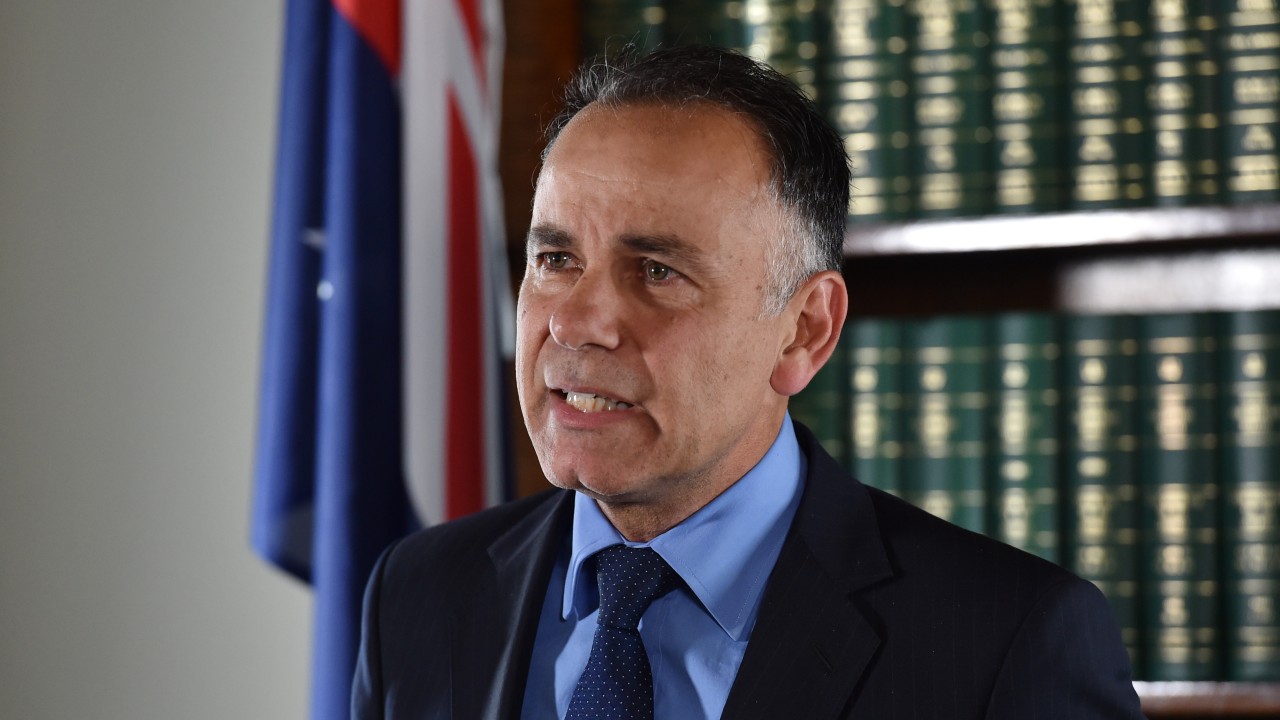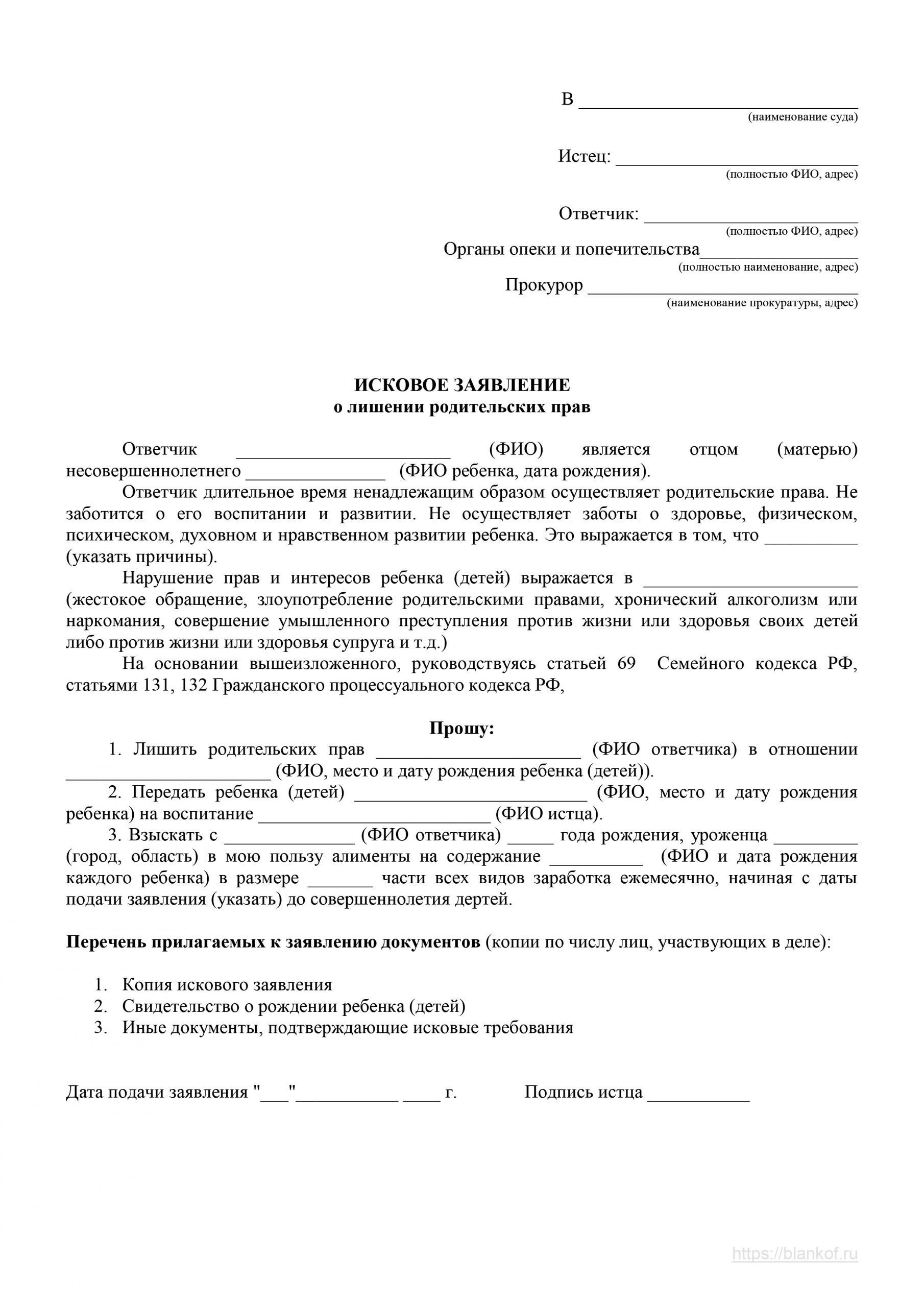Sanctions On Myanmar's Military: Are Australia And Britain Ignoring Opposition Wrongdoing?

Table of Contents
The Severity of the Tatmadaw's Actions and the Justification for Sanctions
Human Rights Abuses by the Myanmar Military
The Tatmadaw's actions since the February 2021 coup constitute a grave breach of human rights. The UN and numerous human rights organizations have documented widespread and systematic human rights violations, including genocide, ethnic cleansing, war crimes, and crimes against humanity. These atrocities necessitate a strong international response.
- Extrajudicial killings: Thousands of civilians have been killed, often in extrajudicial killings, with little to no accountability.
- Arbitrary arrests and detentions: Tens of thousands have been arbitrarily arrested and detained, often without due process or access to legal representation. Many face torture and inhumane treatment.
- Sexual violence: Reports of widespread sexual violence against women and girls by the military are deeply disturbing and indicative of a pattern of systematic abuse.
- Destruction of villages and displacement: The Tatmadaw's scorched-earth tactics have led to the destruction of entire villages and the mass displacement of civilians, creating a humanitarian crisis.
These actions, extensively documented in reports from organizations like Amnesty International and Human Rights Watch, provide clear justification for the international community to impose sanctions.
International Sanctions as a Response
Australia and Britain, along with other nations, have imposed targeted sanctions against the Myanmar military. These sanctions include asset freezes, travel bans, and arms embargoes, aimed at restricting the Tatmadaw's access to resources and international support.
- Australia: Australia has imposed targeted sanctions on numerous senior military officials, freezing their assets and banning their travel. They have also implemented an arms embargo.
- Britain: Similarly, Britain has imposed targeted sanctions, including asset freezes and travel bans on key figures within the Myanmar military leadership. They have also taken steps to restrict arms sales and provide support for the investigation of crimes against humanity.
The intended impact of these sanctions is to pressure the Tatmadaw to cease its violence, respect human rights, and restore democracy in Myanmar.
Allegations of Wrongdoing by Opposition Groups
Evidence of Human Rights Abuses by Opposition Groups
While the Tatmadaw's atrocities are undeniable, allegations of human rights abuses by anti-military groups, including the National Unity Government (NUG) and ethnic armed organizations (EAOs), also exist. Credible sources report instances of violence, extrajudicial killings, and the recruitment of child soldiers by some opposition groups. These allegations complicate the situation and raise concerns about the potential for unintended consequences from solely focusing sanctions on the military.
- Reports from local monitoring groups and international organizations occasionally detail instances of human rights violations allegedly committed by the NUG and EAOs.
- Specific instances might include the targeting of civilians during armed conflicts or the use of excessive force during protests.
- However, verifying these allegations and determining the responsibility for specific incidents is exceptionally challenging in the context of a complex civil war.
The Challenges of Sanctioning Amidst Complex Conflict
Sanctioning effectively in a complex conflict like Myanmar presents significant challenges. Distinguishing between legitimate self-defense and human rights abuses is difficult, and collateral damage to civilians is a constant risk.
- The lines between armed conflict and human rights abuses become blurred, making it difficult to pinpoint culpability and apply sanctions effectively.
- The humanitarian crisis created by the conflict may be exacerbated by sanctions that inadvertently restrict the flow of vital aid.
This complex situation necessitates a careful and nuanced approach to sanctions, avoiding blanket measures that may harm innocent civilians.
Australia and Britain's Response – A Critical Assessment
Analysis of Australia's Stance
Australia's response to the Myanmar crisis has largely focused on targeted sanctions against the Tatmadaw. However, critics argue that Australia's approach lacks a comprehensive strategy to address the human rights abuses committed by all sides of the conflict. More attention is needed to address the broader humanitarian crisis and to promote accountability for all perpetrators of violence.
- Australia's government has condemned the coup and the military's actions, yet there is criticism that their actions haven't been forceful enough.
- The effectiveness of Australia's sanctions remains debated. Critics argue that they need to be more far-reaching and strategically applied.
Analysis of Britain's Stance
Britain has also imposed targeted sanctions on members of the Myanmar military, but similar criticisms exist regarding the scope and effectiveness of their actions. The government has pledged to hold perpetrators accountable for war crimes and crimes against humanity, but critics argue that further action is needed to address the complexities of the conflict and the human rights abuses committed by opposition groups.
- The UK government's response has included strong condemnations and participation in international initiatives aimed at addressing the crisis.
- However, the impact of their sanctions requires further evaluation, and concerns remain regarding the limitations of their current approach.
Calls for a More Balanced Approach
To effectively address the situation in Myanmar, a more balanced and comprehensive approach to sanctions is necessary. While the Tatmadaw's actions necessitate strong condemnation and targeted sanctions, neglecting human rights abuses by opposition groups undermines the legitimacy and effectiveness of the international response.
- Independent investigations into human rights abuses committed by all parties are crucial for accountability.
- A more nuanced sanctions regime could target individuals and entities implicated in human rights violations, regardless of their affiliation.
- Increased humanitarian aid and support for civil society organizations are essential to mitigate the effects of the conflict and promote reconciliation.
Conclusion
The situation in Myanmar is a complex and multifaceted crisis demanding a careful and thorough assessment. Sanctions on Myanmar's military are a necessary response to the Tatmadaw's atrocities, but neglecting the human rights abuses committed by opposition groups undermines the legitimacy and effectiveness of this approach. Are sanctions on Myanmar's military truly effective, or are they neglecting the complexities of the conflict and the actions of opposition groups? We must demand greater accountability and a more nuanced approach to addressing this ongoing crisis. Let's continue the conversation about effective and fair sanctions on Myanmar's military and work towards a just and lasting resolution to the conflict.

Featured Posts
-
 Winterwatch Wildlife Identification Guide And Viewing Locations
May 13, 2025
Winterwatch Wildlife Identification Guide And Viewing Locations
May 13, 2025 -
 Gibraltar Sovereignty Starmers No Surrender Stance Amidst Row
May 13, 2025
Gibraltar Sovereignty Starmers No Surrender Stance Amidst Row
May 13, 2025 -
 Eva Longorias Michael Kors Strapless Look At Disney Film Promotion
May 13, 2025
Eva Longorias Michael Kors Strapless Look At Disney Film Promotion
May 13, 2025 -
 The Hobbit The Battle Of The Five Armies A Comprehensive Guide
May 13, 2025
The Hobbit The Battle Of The Five Armies A Comprehensive Guide
May 13, 2025 -
 Lishenie Roditelskikh Prav Syna Tatyany Kadyshevoy Prichiny I Podrobnosti
May 13, 2025
Lishenie Roditelskikh Prav Syna Tatyany Kadyshevoy Prichiny I Podrobnosti
May 13, 2025
